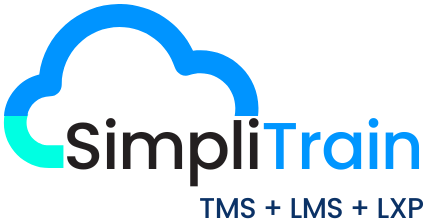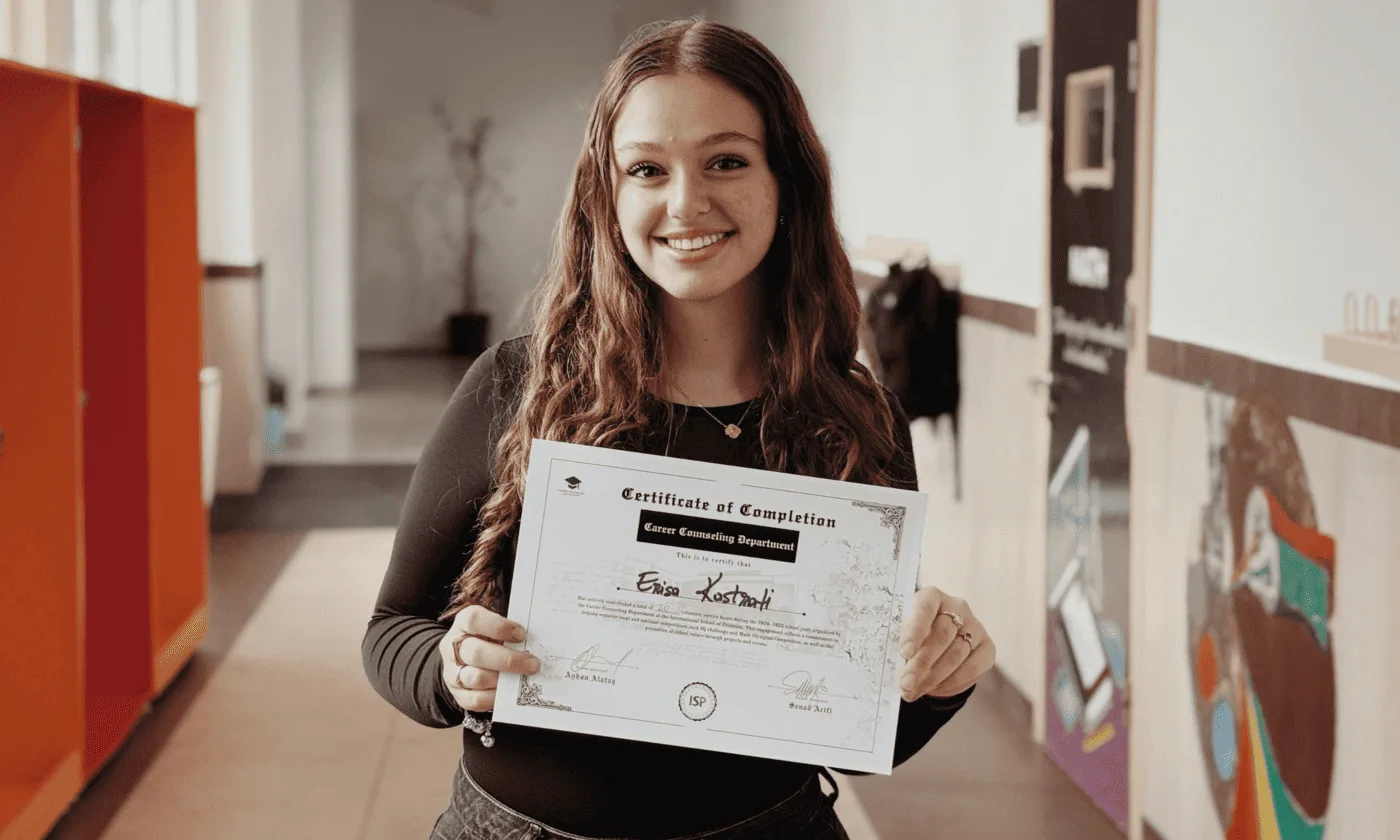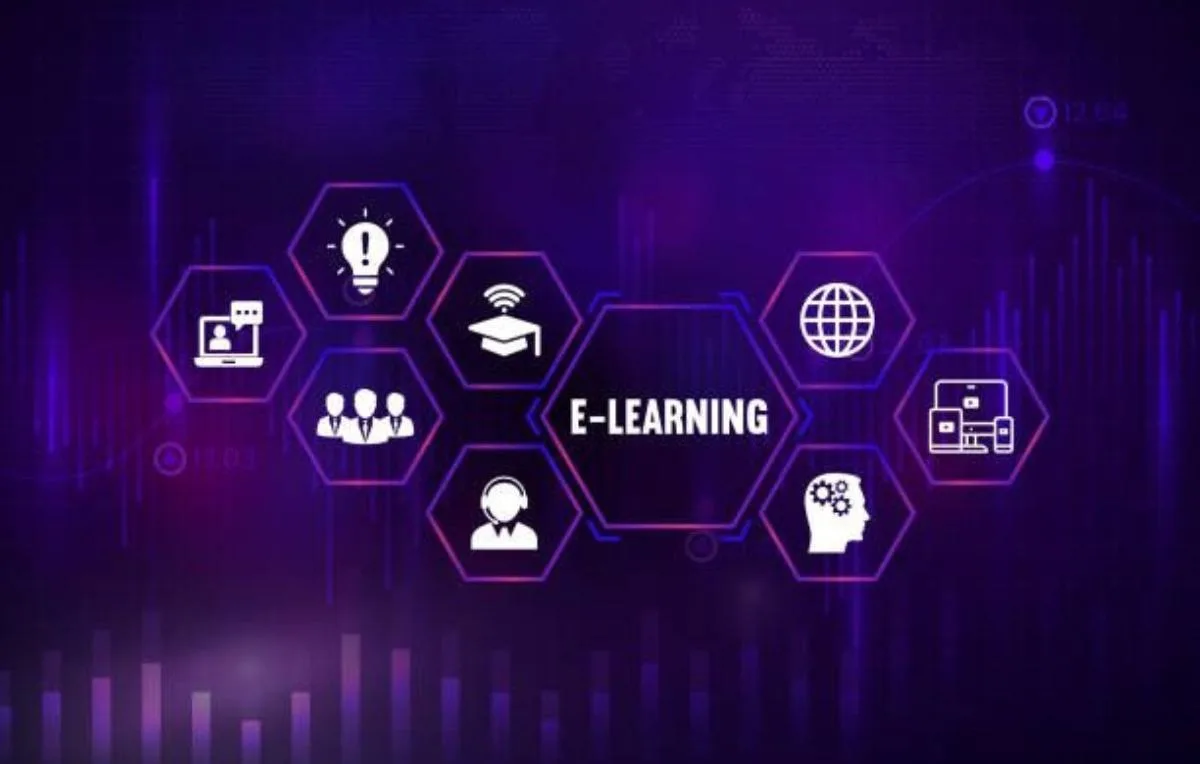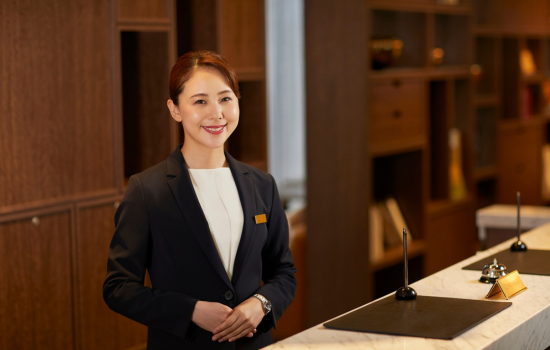Balancing Soft and Hard Skills in Hospitality Training: A Recipe for Exceptional Service
Discover why a balanced approach to developing both technical abilities and interpersonal skills is essential in the hospitality industry.
In the highly competitive hospitality industry, the quality of service can make or break a guest’s experience. To deliver exceptional service, training programs must address both soft skills and hard skills, ensuring that staff members are well-equipped to meet the diverse demands of their roles. While hard skills provide the technical proficiency needed for specific tasks, soft skills foster a positive environment and enhance guest interactions. This article explores the key differences between soft and hard skills in hospitality training and highlights why a balanced approach is crucial for success.
Understanding Hard Skills
Hard skills are the specialized technical abilities and knowledge essential for executing specific tasks effectively. In the hospitality sector, these skills are essential for operational efficiency and include:
- Food Preparation and Safety: Mastery of cooking techniques, understanding of food safety regulations, and adherence to sanitation practices.
- Room Management: Proficiency in housekeeping procedures, inventory management, and maintaining guest accommodations.
- Reservation Systems: Ability to use booking software and manage guest information accurately.
- Financial Management: Skills in handling cash transactions, processing payments, and budgeting.
Hard skills are typically measurable and can be assessed through tests, certifications, and practical demonstrations. They form the foundation of initial training programs, providing the essential knowledge necessary for specific roles.
Understanding Soft Skills
Soft skills are interpersonal qualities that empower individuals to communicate and collaborate effectively, fostering positive and productive interactions with others.
In hospitality, these skills are pivotal for creating memorable guest experiences and include:
- Communication: Clearly conveying information and actively listening to guests and team members.
- Empathy: Understanding and responding to the emotional needs of guests, fostering personalized experiences.
- Problem-Solving: Addressing and resolving issues quickly and creatively, often under pressure.
- Teamwork: Collaborating effectively with colleagues to ensure seamless service and a positive work environment.
Soft skills are often more challenging to quantify but are crucial for building strong relationships with guests and among team members.
Why Both Skills Are Essential
1. Enhancing Guest Experience
Hard skills ensure tasks are performed accurately and efficiently, but soft skills create emotional connections that elevate the guest experience.
- Example: A skilled chef (hard skill) who lacks communication or empathy (soft skills) may not engage well with guests, missing opportunities to enhance their dining experience. Conversely, a friendly front desk agent (soft skill) without knowledge of reservation systems (hard skill) may struggle to meet guest needs promptly.
2. Building a Positive Work Environment
A balance of soft and hard skills promotes teamwork and collaboration among staff.
- Effective Communication: Employees who communicate effectively can coordinate tasks efficiently, reducing errors and enhancing service quality.
- Supportive Culture: A workplace where staff support each other leads to higher job satisfaction and retention rates.
3. Adaptability in a Dynamic Industry
The hospitality industry is ever-changing, with new technologies and trends constantly emerging.
- Embracing Change: Employees with strong soft skills are more adaptable and open to learning, while hard skills provide the technical knowledge needed to implement new practices.
- Continuous Improvement: A culture that values both skill sets encourages ongoing professional development.
Implementing a Balanced Training Program
To develop well-rounded hospitality professionals, training programs should integrate both soft and hard skills through various strategies:
Comprehensive Training Modules
- Integrated Learning: Combine technical training with interpersonal skill development. For example, pair food safety training with workshops on effective communication during guest interactions.
- Role-Specific Content: Tailor training modules to address the specific needs of different roles within the organization.
Role-Playing and Simulations
- Practical Scenarios: Use role-playing exercises to simulate real-world situations, allowing staff to practice problem-solving and communication skills.
- Feedback Sessions: Provide constructive feedback to help employees refine both their technical abilities and interpersonal approaches.
Continuous Feedback and Assessment
- Regular Evaluations: Implement assessments that measure proficiency in both hard and soft skills.
- Personal Development Plans: Create individualized plans that focus on areas for improvement and career advancement.
Mentorship Programs
- Peer Learning: Encourage experienced staff to mentor new employees, sharing insights and fostering the development of soft skills through real-life examples.
- Cross-Training Opportunities: Allow staff to learn different roles, enhancing their skill sets and understanding of the business.
Conclusion
In the hospitality industry, where guest satisfaction is paramount, a balanced approach to training that encompasses both soft and hard skills is essential. By equipping staff with the technical know-how and interpersonal skills needed to create memorable experiences, organizations can ensure high levels of guest satisfaction and foster a positive workplace culture.
Investing in comprehensive training not only benefits employees but also leads to long-term success for the organization. A well-trained team is better prepared to exceed guest expectations, adapt to industry changes, and contribute to a thriving hospitality business.
Is Your Hospitality Training Program Balanced?
Elevate your training initiatives with SimpliTrain LMS, designed to enhance both hard and soft skills within your team. Our platform offers tailored solutions to ensure your staff is fully prepared to provide exceptional service in every interaction.










